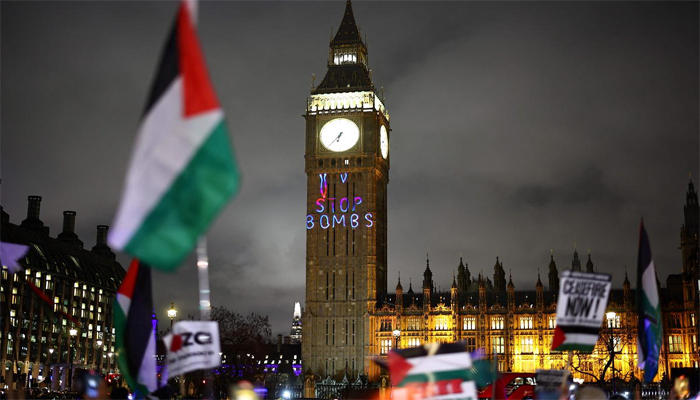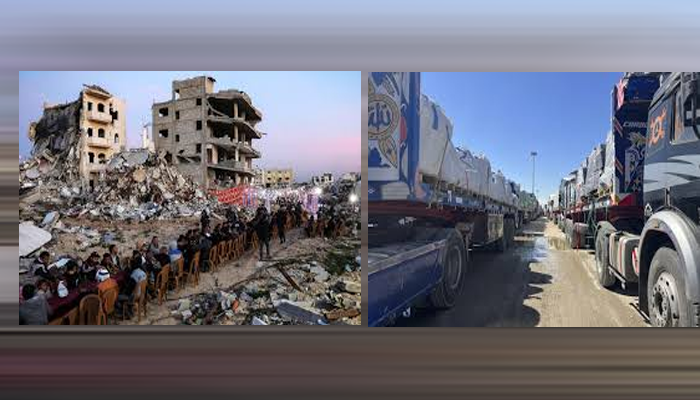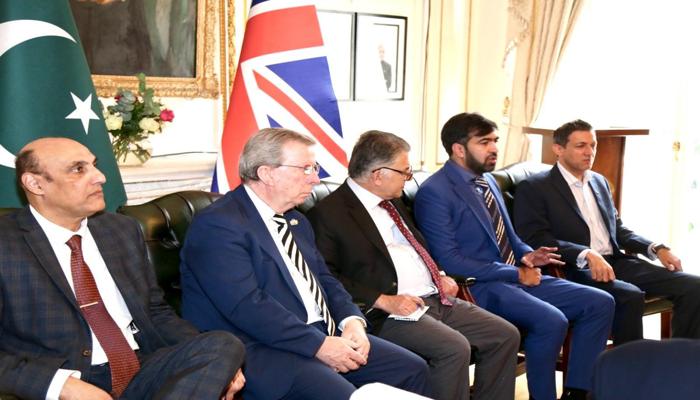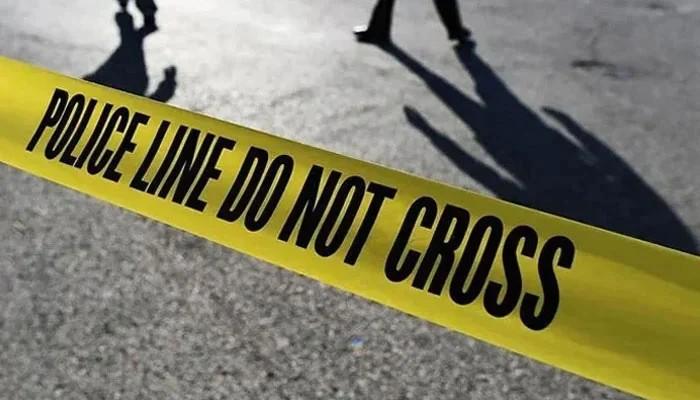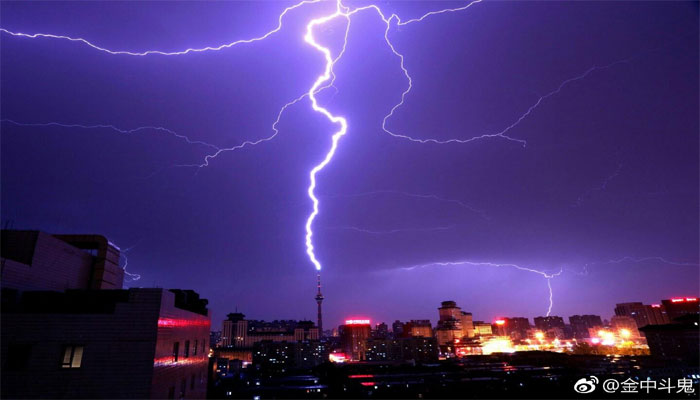It was 10 minutes of shouted accusations of being a "genocide enabler" and having "blood on your hands" that made a British lawmaker fear for his safety over his decision to voice support for Israel in its war with Hamas.
Almost touching noses with his accuser before walking away and warning he would call the police, the opposition Labour Party member said the incident in a town in his constituency was just the latest of several that made him change his behaviour.
He now makes sure he sits near the door on public transport and limits meetings with the public.
"It feels like it could just need one spark to flip from someone giving you tuppence (criticism) in the street to escalating to actual violence," the lawmaker said.
After the Oct. 7 Hamas attack that sparked the war in Gaza, more than 10 British politicians spoken to by Reuters said the abuse directed at them had become more intense. At least one cited this as a factor in deciding not to seek a new term in parliament in an election later this year.
All spoke on condition of anonymity, saying they were fearful that giving their names would increase the threats and abuse.
The conflict in the Palestinian enclave has inflamed tensions across the globe, bringing protesters onto the streets in support of both sides and dividing opinion among leaders over how to end the bloodshed.
In Britain, even politicians who are no strangers to receiving abuse from the public say the tone has become ugly and dangerous, with some fearing it could easily slip into violence.
Many are considering taking steps to protect themselves, such as wearing stab vests in meetings or building safe rooms.
Last week, parliamentary speaker Lindsay Hoyle sent parliament into chaos when he broke with precedent to allow the three main parties to set out their positions on a call for a ceasefire in Gaza. That was designed to prevent lawmakers from having to choose between backing a ceasefire, abstaining or voting against one to follow their party orders.
Prime Minister Rishi Sunak has called on all sides to "take the heat" out of the issue but some of his Conservative lawmakers have been accused of Islamophobia in their responses. They deny the charge.
The interior ministry announced funding worth 31 million pounds ($39 million) on Wednesday to provide new security provisions for lawmakers and other officials. It would be used to protect "democratic processes from disruption", it said.
But despite getting the highly charged ceasefire vote out of the way last week and the level of abuse easing a little, some lawmakers have decided to quit, saying the threats had become intolerable. The memory of two lawmakers - one killed by a right-wing extremist in 2016 and the other in 2021 by a man inspired by Islamic State - weighs heavily.
'TOXIC'
After seeing his office in his North London constituency targeted in a suspected arson attack in December, Conservative lawmaker Mike Freer said he was standing down at the election after a "constant string of incidents". He had defended Israel.
Dozens of protesters demonstrated outside the home of Tobias Ellwood, another Conservative lawmaker, earlier this month, with signs accusing him of being "complicit in genocide" in Gaza.
The Labour lawmaker who now watches where he sits in public transport said he had been advised by police to install a partition at his constituency or voting district office so that people waiting to see him could not get near to him quickly.
He described a huge coordinated email campaign against him and others. The emails, sent from different addresses in the run up to the Feb. 21 ceasefire vote, which had no binding effect on the government, demanded lawmakers vote for an immediate ceasefire and call on ministers to suspend arms sales to Israel.
Another lawmaker said he had discussed with his wife getting a safe room installed at home.
"No one should have to think about having a safe room just because they want to serve their communities," he said.
A veteran politician said there had been other times when public anger meant lawmakers were in the firing line, such as over Britain's departure from the European Union, but that the threat of violence over Gaza marked a change for the worse.
"I have had conversations with two colleagues about wearing stab vests to meetings," he said. "This is a very recent development."

